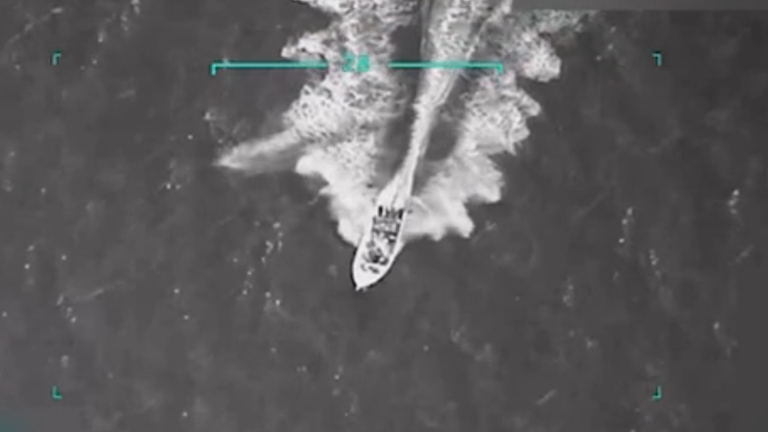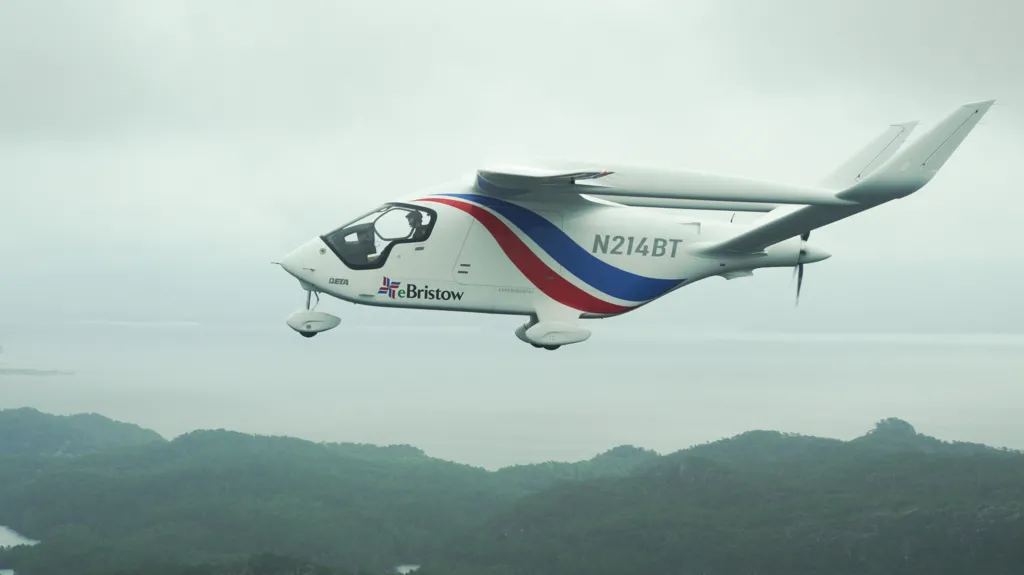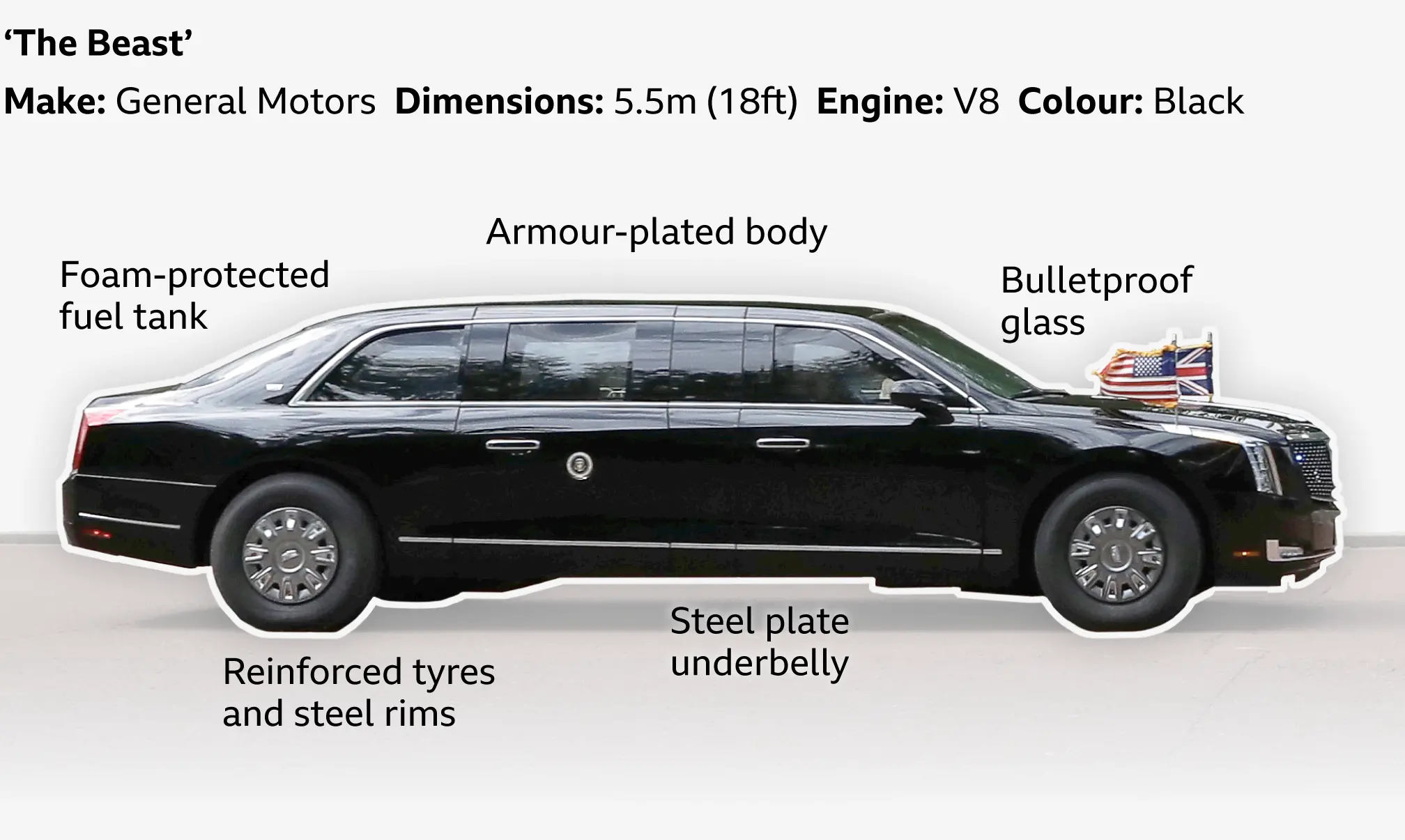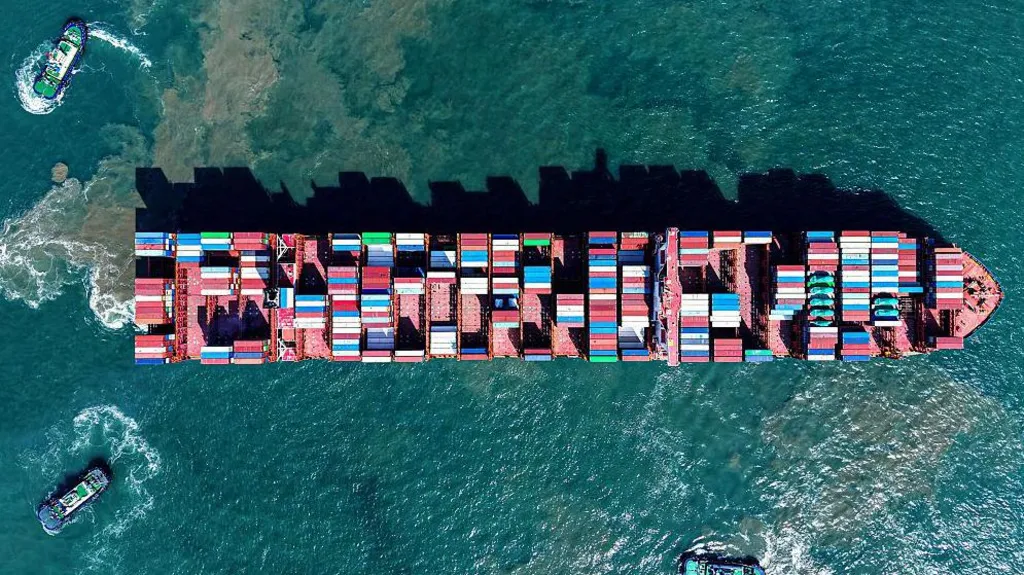
A recent US military strike on a vessel in the Caribbean Sea — which Washington says killed 11 alleged drug traffickers — is drawing sharp scrutiny from legal experts, who warn the action may have breached both international maritime law and human rights law. minotaur fight store | minotaurfightstore
Former President Donald Trump announced the attack earlier this week, claiming the targeted boat had sailed from Venezuela and was operated by the Tren de Aragua cartel. According to Trump, the group was transporting narcotics bound for the United States. He shared grainy drone footage of the incident on Truth Social, where he hailed the operation as a decisive blow against organized crime.
Legal Uncertainty
Despite the administration’s claims, US defense officials have not clarified what legal framework justified the strike. Several international law specialists told BBC Verify that the assault may have violated the United Nations Convention on the Law of the Sea, which prohibits interference with vessels in international waters except under very limited circumstances.
Professor Luke Moffett of Queen’s University Belfast noted that lethal force at sea is permitted only when there is an immediate and grave threat to life. “Force can be used to stop a boat, but it should generally involve non-lethal measures,” he said, adding that the US action was likely unlawful under maritime law.
Human Rights Concerns
The broader legality of killing suspected cartel members has also been challenged. Article 2(4) of the UN Charter restricts the use of force to cases of self-defense or formal armed conflict. While Washington has designated Tren de Aragua as a foreign terrorist organization, experts caution that this does not automatically make its members legitimate military targets.
“The fact that US officials describe the individuals killed as narco-terrorists does not transform them into lawful targets,” said Professor Michael Becker of Trinity College Dublin. He argued that the strike risks being categorized as an “extrajudicial arbitrary killing” — a serious breach of international human rights law.
Notre Dame Law School’s Professor Mary Ellen O’Connell echoed this view, stating: “Intentional killing outside armed conflict hostilities is unlawful unless it is to save a life immediately.”
Political Support and Pushback
Despite the legal questions, US officials and some lawmakers have praised the action. Senator Lindsey Graham called the strike “a welcome sign that there’s a new sheriff in town,” while Ohio Senator Bernie Moreno said sinking the vessel “saved American lives.”
A White House official confirmed that Trump personally authorized the mission, emphasizing his commitment to using “all means necessary” to block drugs from reaching US shores. Defense Secretary Pete Hegseth told Fox News that the operation “sent a very clear signal” to traffickers.
The Pentagon, however, has declined to release the legal opinion underpinning the strike.
Domestic Legal Debate
The move has also sparked debate inside the US about the president’s authority to order such actions. Under the Constitution, only Congress can declare war, though presidents often cite their role as commander-in-chief to justify limited military operations.
Some analysts suggest the Trump administration may have leaned on the 2001 Authorization for Use of Military Force (AUMF), enacted after the 9/11 attacks, though whether it applies to drug cartels remains disputed. Critics argue the president may also have sidestepped the War Powers Resolution, which requires consultation with Congress before deploying forces into hostilities.
Unanswered Questions
Details of how the strike was carried out remain unclear. Trump offered no technical explanation, and the Pentagon has provided no operational breakdown. Meanwhile, Venezuelan officials have dismissed the footage as potentially manipulated, with Communications Minister Freddy Ñáñez suggesting AI-generated imagery. Independent analysis by BBC Verify found no evidence to support that claim.
The strike comes as the US intensifies naval operations in the Caribbean. Several American warships — including the USS Lake Erie, USS Gravely, USS Jason Dunham, and USS Fort Lauderdale — have been tracked in regional waters in recent weeks.
The development further strains already tense relations with Venezuela, whose president, Nicolás Maduro, remains under heavy US sanctions and faces a $50 million reward offer from Washington for information leading to his arrest.






